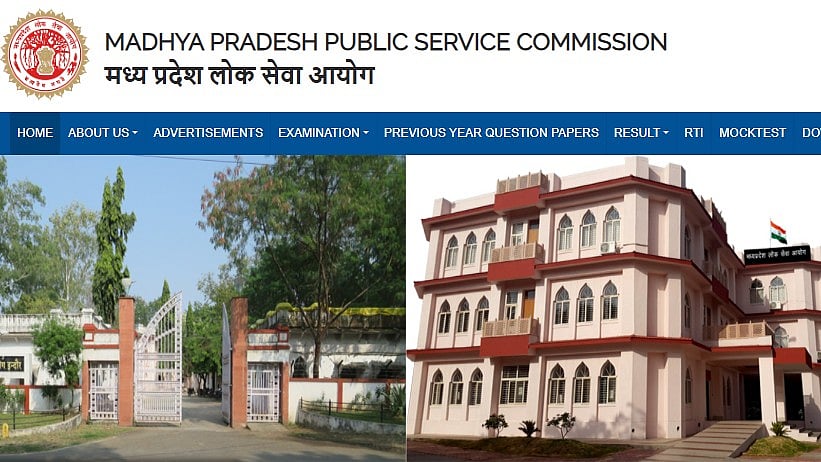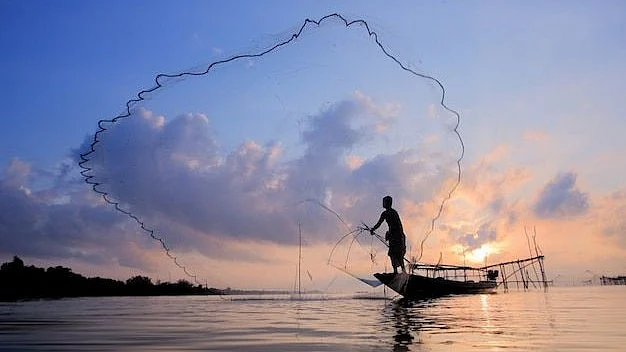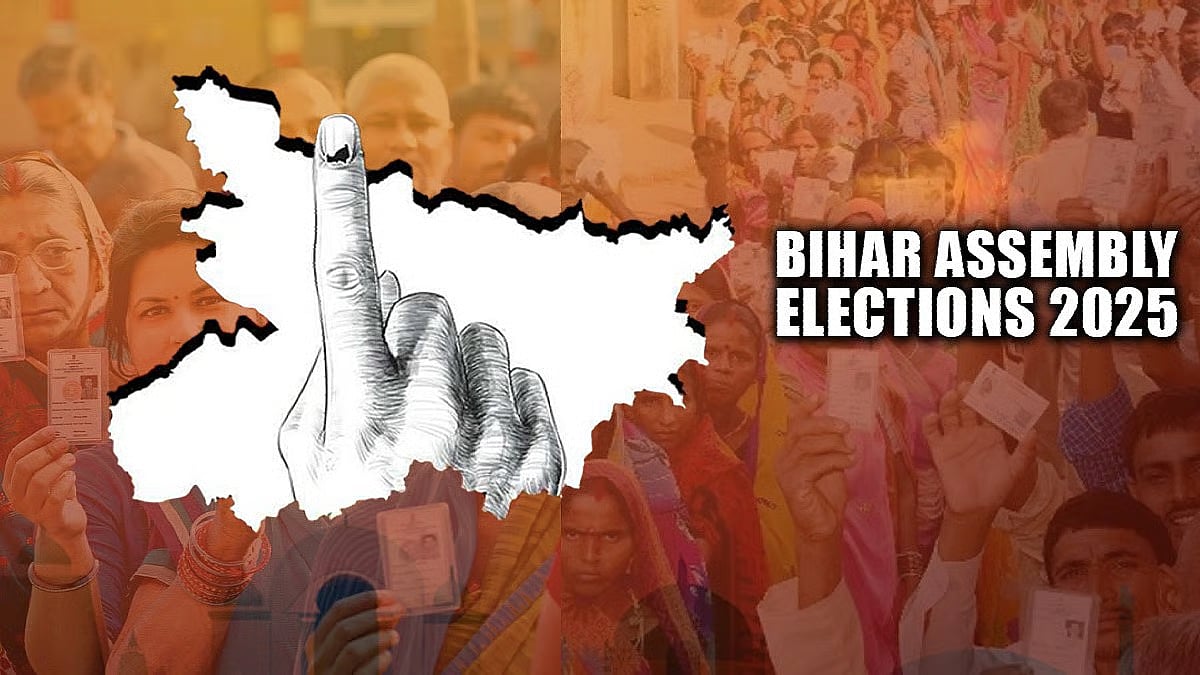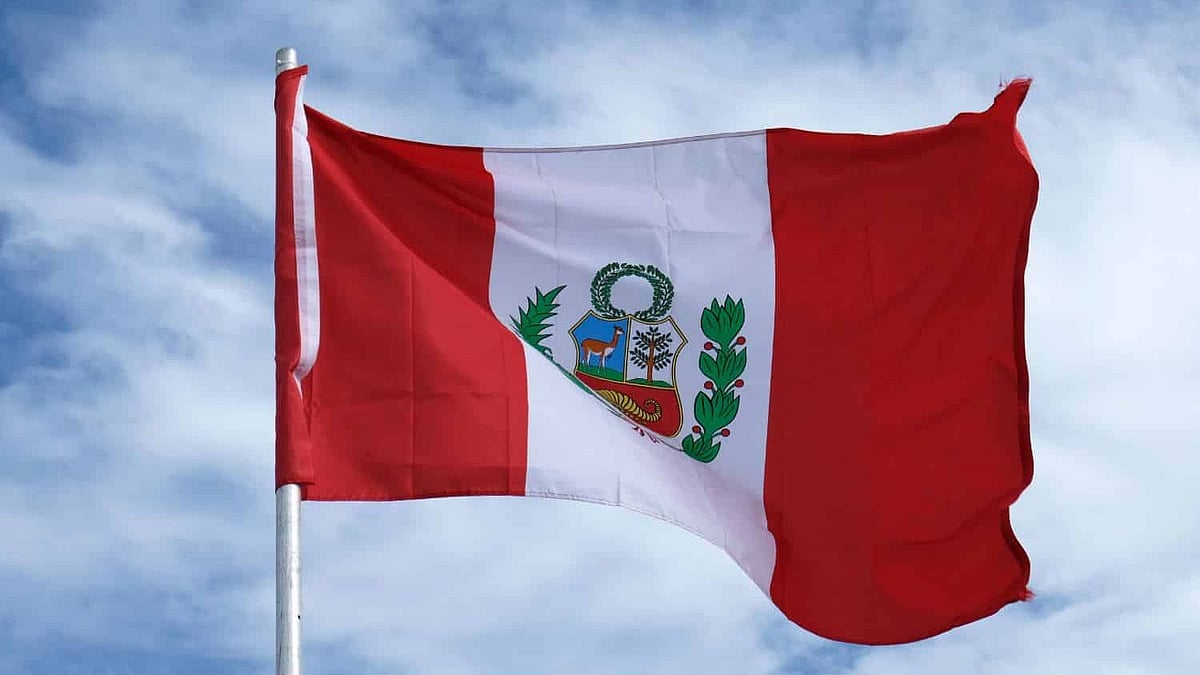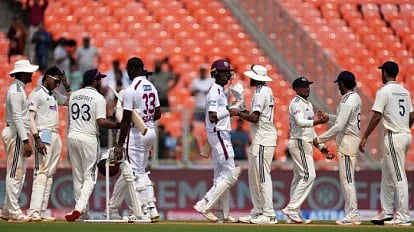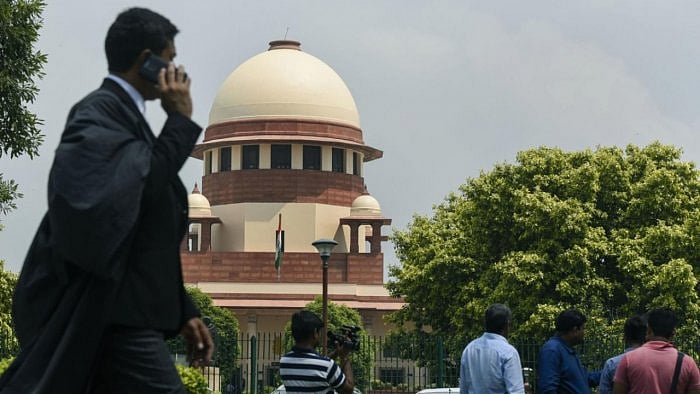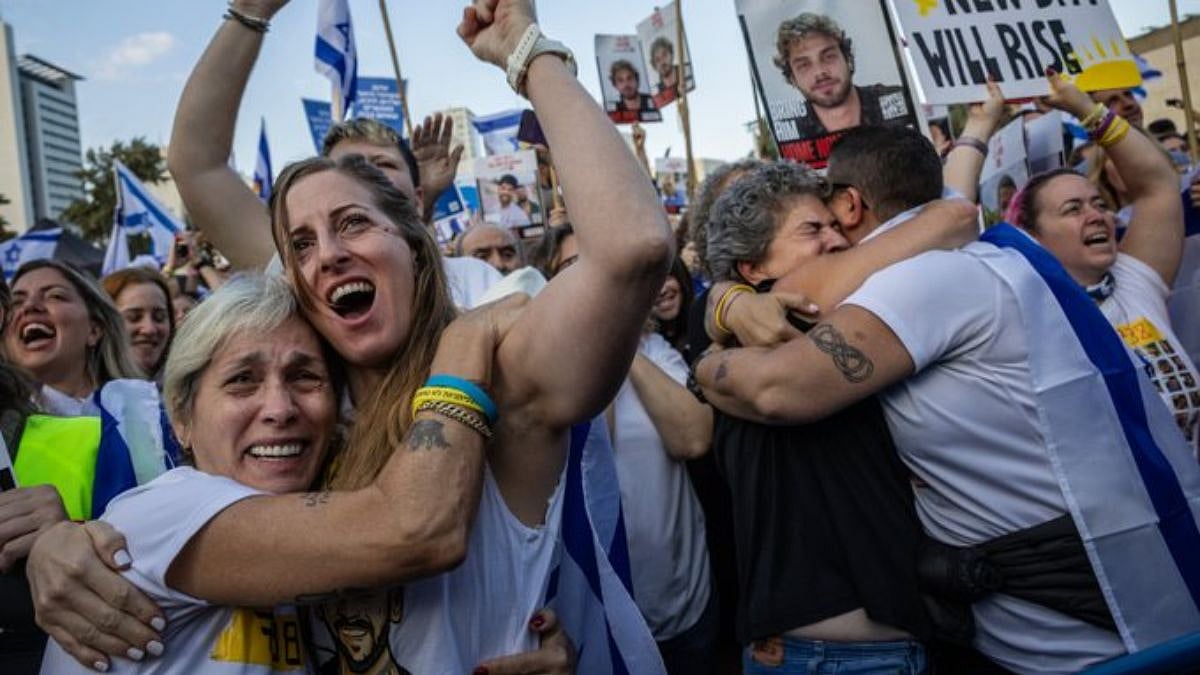Dead bodies floated down the Ganga river. The disconcerting images made you choke in disbelief. It appeared ghastly, like a surrealistic nightmare scene from an ominous disaster film. They were not even in the body bags that we are so accustomed to seeing in our city’s innumerable crematoriums. Once upon a time not so long ago, they were someone’s mother, or brother or sister. Or a father who was maybe the breadwinner of an archetypal rural family that ploughed their small patch of field in the day and watched Aaj Tak for news in the evening. Perhaps they feasted on Big Boss, which made the muscular superstar Salman Khan from Mumbai appear in proximity to them. He was talking to them directly; they were thrilled. Life was not the best after demonetisation, poor productivity, erratic monsoons and little coming by way of state support. But they survived. At least there was MNREGA.
Last year, they heard of a Chinese virus that could make people cough and fall sick. Even die. Although they unfailingly obeyed the Prime Minister’s diktats to light a candle and bang their kitchen vessels which they saw as superstitious activities to keep the evil spirits away, they did not quite know much about this coronavirus called Covid-19. It was when the national lockdown was announced on March 24, 2020, that they realised that their lives had been upended. They were abruptly dumped from India’s national mainstream and thrown to their own mercy like a third shoe. Many of them trudged the lonely national highways, enduring parched throats and an inexorable summer sun. Many died. But many survived.
It was in the big cities where people were getting infected; those who drove fancy cars, travelled abroad, lived in luxurious apartments and loved the fast life. Or lived in urban slums, the cosmopolitan ghettos. The pernicious vector appeared to have spared the less prosperous, the more modest Bharat. The serene Indian village, miles away from the concrete burning forests, was breathing fresh air. No masks were necessary. People huddled together during weekends to have community gatherings and discuss what was being told in the news headlines and from their families in Mumbai and Delhi.
Everything went wrong
Social distancing would seem an anomaly here, a grotesque oddity. Life rolled along. But then suddenly, everything went wrong a few months ago. There were panchayat elections, assembly elections, and a huge religious congregation where millions would gather together to take a holy dip. And of course, one repeatedly heard on television that India was an exceptional lodestar that had successfully vanquished the vector. It was good news that had a giddying effect. The danger was past, they were told. It was time for a celebratory get-together. But unknown to them, many would soon be dead. They would never know that they were tragic victims of a government’s shallow agitprop.
Soon the villagers would be a mainline story on every television channel with strands of conscience, with a disclaimer, “Warning: Viewer discretion recommended”. Even the haloed New York Times was writing about their farewell tragic journey to abject nothingness. They were not alone. They had the company of several like them, predestined for a similar fate. The government would not have to spend on ambulance, oxygen supply or the ventilator any more.
They were suspected to have died of the same nasty pathogen that has recently devastated India. But would they be recorded among the 2,70,000 who have died on account of coronavirus in India is anybody’s guess. But now it does not matter to them. They got their burial in the sacred Ganga which the government once promised to make so clean that one could see the bottom floor of the great magnificent river. Perhaps this was the way it was meant to be.
Not meant to be like this
I don’t think this is the way it was meant to be. But we have become a country where death has become one metallic statistic, a figure that is cold and dry. Politicians defend the human carnage by talking of CFR (case fatality ratio), which rest assured, none, if any comprehended, whose body was mournfully lowered into watery graves. Even India’s crematoriums have an excruciating waiting list. For a family that is now in permanent grief, children orphaned overnight, many having departed without even getting an emotional hug of farewell, the scars are deep. They will never go.
My father would often tell me about the horrific Partition violence that saw at least half a million die in gory bloodshed. He would recollect them in a contralto, a solemn voice, as if he was paying homage to everyone who was massacred, whether they were Hindus, Muslims, Sikhs or anyone else. The haunting memories manifested themselves in his sober articulation. Decades later, he seemed affected by those traumatic, tumultuous times. The hurt was indissoluble. I understand that today.
Someone I respect enormously told me that we Indians will forget everything, this entire oppressive darkness will be obliterated from our attention-deficit mind before we say Johnson & Johnson. By the end of the year, the world will be awash with vaccines. Indians will have a menu card of at least eight vaccine options. The economy may or may not be a V-curve but the stock market bulls will dictate shareholder returns. Urban middle-class India needs the double dose of malls and multiplexes to obtain spiritual nirvana, which will be probably booming with substantial discounts.
Corporate India will be probably rewriting the gig economy by hiring all trespassers. Politicians will pontificate, make platitudinous statements, and prepare for the assembly elections to Uttar Pradesh, Uttarakhand, Punjab, Goa and Manipur. Everything will appear buoyant even if some will choose to be masked and people will restrain the urge for boisterous greetings and back-thumping. The chattering classes will define the political narrative.
My friend could be right. But I hope he is proven wrong. By us. I do pray that India will remember. I hope we will never forget those hundreds who floated down a river, a grisly reminder of a callous state that abdicated its responsibility. Because our remembrance will be the only tribute to the brave, unarmed warriors who fought hard but could not leave the battlefield alive. Because India will have become poorer as its numbers below the poverty line will balloon; families in grief will also be penniless. Because our remembrance will define our country. And delineate our character. It will exemplify us. Because our remembrance is also our only redemption.
The author is former spokesperson of the Congress party


